
Jerry Izenberg
Biography
Jerry Izenberg was born in Neptune City, New Jersey. zenberg came to the Ledger looking for money to pay for tuition after the chemical plant he’d spent two years working in blew up. He may have entered the field on a whim, but he found a way to remain. Now a columnist emeritus at the Star Ledger following his retirement from daily work in 2006.
The three journalists who have covered every Super Bowl are Izenberg, Detroit’s Jerry Green and New Jersey’s Dave Klein. He has been covering the Kentucky Derby for just as long, and has seen the Triple Crown races of each of the last four Triple Crown winners. He covers major boxing fights and his contract with the Ledger says he will be present for any bowl game Rutgers plays in.
Izenberg also has written 12 books and is in the process of writing a 13th, this one on the golden era of heavyweight boxing champions, extending from Sonny Liston’s knockout of Floyd Patterson to Mike Tyson biting Evander Holyfield’s ear.
Izenberg also had a presence on television. He lists “Grambling College: 100 Yards to Glory,” a show he directed, produced and wrote, as his greatest work on TV. The late Howard Cosell helped get that show on the air. He’s contributed to 35 network TV documentaries, with “A Man Named Lombardi” earning an Emmy nomination.
Interviewed by Connor Mount in 2015
T he Newark Bears played in Newark in Ruppert Stadium, which was owned by the Yankees.
This was the Yankees’ top farm team, and all the guys who later played on those great Yankees team came through Newark. So I was 7 or 8 when I learned how to sneak into the stadium, and I would go a lot.
They knew we were all sneaking in, and in the weekday, most of the time I’m here, and I’m cutting school to go watch the Bears. Most of the time the ushers wouldn’t bother you because they weren’t sold out during the week on day games. So if you stayed in the bleachers they left you alone, but if you cross over into the grandstand they’d throw you out of the park, so that was the great challenge between them and us.
So I get into the grandstand one day and I find a program on the ground. I pick it up and run to the third base side. Now that was the home team dugout on that side, and at the end of it was the Bears’ bullpen. So this pitcher’s walking to the bullpen, and I’m leaning over and saying, “Can you sign this for me please, sign it, sign it.” Well I was a snotty 8-year-old kid and we didn’t know what baseball players were. They were gods, demigods; we didn’t realize that guy might have the same problems that every human being has.
So I’m leaning over, and I’m being a real pain in the ass, and he was very nice, “Not today kid, not today kid.” Finally I got on his nerves, he took my scorecard, tore it in half and threw it on the ground. So I’m standing there. I’m 8 years old and I can’t believe what I’m seeing. If it was a Jersey City Giant or a Toronto Maple Leaf, I could, but one of my guys? One of the Bears could do this to me? Doesn’t he know I root for them?
And I’m standing there, I was maybe fighting back tears a little bit, and a woman comes up to me and says, “Come with me,” and I say, “Oh great, now she probably works for the club and is gonna throw me out of the ballpark.” She walks me down the third base line and there’s a bunch of women sitting there. She says, “Sit with these ladies, I’ll be right back.” So I sit down. She walks down the steps, leans into the dugout, comes back out the steps with a baseball in her hand. Puts it in my hand, says, “Listen Jerry, I saw what happened out there and it was wrong. No ballplayer should do that to kids who really root for them. So this ball is signed by all the Newark Bears and it’s yours.”
So I’m in love now, right? She says, “Do you know who George Stirnweiss is?” I said, “Of course, he’s the second baseman, Snuffy Stirnweiss.” And she said, “Well, I’m Mrs. Stirnweiss,” and then she turns to the ladies--they were the players’ wives--says, “This is a very nice young man. If he comes up here, he has a habit of sneaking into the grandstand, and if he gets in trouble, help him out this summer.” So all summer long I’m waving to them, it’s wonderful. As a kid, that had a tremendous impact on me.
I sort of drifted into writing. I went to the Newark branch of Rutgers University. I had no money, I couldn’t afford to go anywhere, so I was living at home. I got a job at a chemical plant so I could go to school. I did that for like 2 years. The chemical plant blew up. I was so happy when the plant blew up because I think I might have torched it myself.
I needed a job. And I had the semester paid already, so somebody told me, go down to the Ledger, they’re hiring copy boys, you’ll make enough spending money at that point and maybe get a better job. So I went down there and as luck would have it, I got hired. Who knows, it might have been the worst thing to ever happen to me, ‘cause from that moment on I was a newspaperman.
I’ve been at the Ledger three times, and the third time I came back from the New York Herald Tribune to work there. The way I see it, I had to get fired to get back. They were looking for a columnist. The sports editor died and he was also the columnist, and they decided they would split the jobs. Which is great because I could barely take care of myself, I certainly couldn’t take care of a whole staff.
I was working then at the Herald Tribune for the greatest editor who ever lived, certainly the greatest sports editor who every lived. His name was Stanley Woodward. He was a genius. He was the strongest man I ever knew. He was an incredible boss.
He takes me from the Ledger to the Tribune when he comes back to become supreme [sports] editor there. And he sends me to my first spring training with the Giants in Phoenix. I get out there, and boy, I’m in love with my writing. I thought I was fricking Hemingway. So I’m writing all this [garbage], and I’m there three days, and suddenly the phone rings, and Stanley says, “I want to see you in my office the day after tomorrow.” I said, “Well, I’m not done here.” He said, “You’re done at the Tribune if you don’t come back and be on time.”
So I come back, I walk in, I said, “Well, what did I do?” He said, “Let me ask you a question. Who’s gonna play second base for the Giants?” I said, “Well, there were seven guys, they’re juggling, it’s an interesting story.” He said, “I’m not interested in whether you like the story. Who’s gonna play second base?” I said, “Well, I don’t know.” He said, “Well, you’re supposed to know or know approximately. Let me you tell this. I don’t give a [crap] about the Painted Desert. I don’t give a damn that they’re training within 10 miles of the Lost Dutchman mine. I want to know who’s gonna play second base. Now you sit down and figure it out.”
And for three or four months he had me on that desk, and I was steaming. Just steaming. One day, I look at the schedule, and the last thing says, “Anderson Memorial Golf.” So I go to the slot man, I say, “What is that?” He said, “Listen, it is a society golf tournament, and no one cares, and if you write more than a page, it’s going in the garbage.” Well it was in Montauk, and I lived in New Jersey, so I’m driving in the dark to the edge of the Earth, thinking I’m gonna make this work.
I walk into the locker room there, and in comes this guy and the locker room attendant says “Hello, Mr. (whatever his name is), how are the eyes? How are they coming along?” He said, “Pretty good, the double vision is almost gone.” So I said, “What happened here?” He said, “Oh, it was an automobile accident, went through the windshield and glass.” So I walk up to him and said, “You mind if walk around with you?” He said, “It’s getting dark out there, I’d welcome the company and the protection.”
And now I say, “Oh, I’m gonna fix this thing.” I sit there and I drive all the way back, I write, I had to stop and file it on the road, and the next morning I pull out the paper, the Herald Tribune, and the whole story’s in there. So I walk into the paper the next day, I look on the wall and I see Izenberg: college basketball, college basketball, college basketball. From then on I was a genuine newspaperman.
I always tried to impress Stanley because when I interviewed for the job in Newark, the last thing he asked me was, “Why do you want to be in this business?” And I said, “Well, Mr. Woodward, I’ve always wanted to be a journalist.” And he looked at me like I was scraping something off the bottom of his shoe. And he said, “Listen, you’re in the wrong building. We don’t have any journalists here. You want to be a journalist, get a three-piece suit, steal a Phi Beta Kappa key, go to the New York Times, they’ll send you to Geneva to cover financial conferences, and then you’ll be a journalist. Here all we have is newspapermen, and if you work for me, never forget it.” And I never did.
The Tribune in New York was the only newspaper that ever had a saloon in the building, on the ground floor. Every time Stanley wanted to push me to do something he knew I didn’t want to do, he’s say, “come on, let’s go down and get a drink,” and he’d get this bottle of Wild Turkey Kentucky bourbon, which I couldn’t possibly handle, and he’d pour a water glass full, and then he’d always get me to do it, to agree it was a good idea.
Anyway, he says, “Let’s go downstairs and have a drink,” so I said, “Stanley, I don’t want to drink that stuff anymore.” He said, “No, take a drink of it, cause I gotta talk to you about something serious. I want you to take that columnist job across the river in New Jersey.” And I said, “Look, Stanley, I don’t want to take the job. I’m not taking the job, I want to stay and work for you and learn.” He said, “If you don’t take the job, you’re fired.”
So I looked it at him, he said, “Listen, I’m getting fired in two weeks and I want you to be placed as a columnist before I leave.”
Years and years later, Stanley was dead and I was inducted into the National Sportscasters and Sportswriters Hall of Fame, and I get a letter from Ellen Woodward, his daughter. And the letter says, “Dear Jerry, I cannot tell you how thrilled I am that your plaque will be on the wall near Papa’s. It means a lot to me. And I’m gonna tell you a story I should have told you years ago.
“When he was dying he was in so much pain, I would sit on the edge of the bed and try to take his mind off the pain. And so we talked about the only two things he cared about: newspapers and college football. And one day I said to him, who was the best you ever had? And she said he said to me, ‘I can’t say that probably for another year, but I’m sure it’s gonna be Jerry Izenberg.’”
That really moved me greatly. And I kept the letter, and I mentioned it at the induction speech. His influence on me was enormous. Anything I know about integrity and honesty and standing up for principles came from him.
While I’ve worked for the Star Ledger, I saw all four Triple Crown champions and all their Triple Crown races since Citation, who won when I was only 18. This year will be my 50th Super Bowl. Next year will be my 50th Kentucky Derby. I’ve been to 26 countries writing my column. I spent a whole day with Nelson Mandela at the Olympics. I cover major fights, and anything I want to do I tell the Ledger and they always say yes. And I can’t begin to tell you how lucky I’ve been.
You talk about the Olympics, and everybody talks about what the great things were. Well I saw Carl Lewis. I knew Jim Thorpe. But the thing is, what is the greatest Olympic achievement I ever saw? You’re gonna have to look it up. Her name is Gabriela Andersen-Schiess. She’s a Swiss-American. She could not make the American women’s Olympic marathon team the first year they had the women’s marathon (1984). And she wanted to run and Switzerland said, “Well, if you haven’t competed for anybody else you can represent us,” so she did.
So now I’m sitting in the stadium, and the Olympic stadium is always very busy. There’s guys throwing javelins and pole vaulting and jumping over stuff and running races around, I mean all these things are happening at once. And then the women come, the marathon finishers. And things kind of pause, everybody’s watching, they’re cheering wildly, everybody goes around and around and around, and it’s over. They think.
Now, about it seemed like an hour later--I’d bet it was maybe 40 minutes--this ghost appears in the tunnel. It’s her. And she can hardly stand. But she’s gonna finish this race. And she starts in, and nobody notices her until she falls on her face on the track. And everybody starts to forget about the other events. Now she’s crawling, standing walking, falling, crawling all the way around, and when people go to help her, she screams at them because if they touch her, she’s disqualified.
She makes it. She crawls across the finish line, and the place goes wild. That to me is the challenge of the Olympics. And I’ve seen things like that in so many cases, so many people, I can’t begin to tell you. I’ve always liked the guys who have to bust their ass to get anywhere. I’ve always felt my place very often was in the loser’s dressing room, at games and particularly at fights. That’s where the real stories are very often.
Another example of a performance that resonated with me: There was a golfer named Ken Venturi, very good golfer. Now the U.S. Open used to be strange because they played 36 holes on Saturday. They wouldn’t play on Sunday. They’re playing at Congressional in Washington, 1964. And I’m gonna go around with Venturi because he intrigued me for some reason, I don’t even remember what it was. But what I wrote about wasn’t the reason I started to follow him.
It was 100 degrees, and it was Washington, with that humidity, and he’s losing weight and there’s water coming out of him, and he’s dizzy and he says it’s just terrible. He plays the first 18 and he goes back to the locker room, and I’m in the locker room, and he collapses and they put him on the table. They’re giving him an IV and they’re pouring water into him and everything else. And he goes out and he plays the second 18, and I don’t remember, he might have even won the tournament (he did), and I told him, it was the most courageous thing I’d ever seen in my life.
If I had a favorite team, I’d be living in a rubber room after all these years. I’ve been doing this for 64 years. I am a fan of courageous and brilliant performances. Bats and balls don’t play games, people do. That’s very important, and I never forgot that.
When I came to New York from the Ledger and before I went back, my desk was next to Red Smith. I travelled with Jimmy Cannon. I mean these guys were absolutely great. I try not to abuse the English language; I really try to use it. For that, I’m grateful to Red, because he was the first who gave us a license to really write English. But some people will say he must have been your greatest influence. He wasn’t. Jimmy Cannon was.
Jimmy taught me without telling me when I was listening to him and trying to learn. He taught me that everybody doesn’t speak alike. At that point Joe Louis was the heavyweight champion, and everybody needed to quote him. And he said, “I be home, ma.” And everybody said, “I’ll be right home,” they would write. Jimmy wrote, “I be home, ma,” ‘cause that’s what he said. That told you also a little about him. That was very important to me.
Frank Graham Jr., he was the oldest of the entire Tribune staff. We were friends. And he’s the guy that showed me that you don’t have to talk all the time. He’s the one who would stand around the batting cage and listen. And all kinds of columns would come out of it.
Giving advice is something I don’t do unless it’s asked for. Because how do babies learn to walk? They crawl and then they fall down, they cut themselves and they yell “mommy,” but they get up and they walk. That’s how this business is. But the thing is we’re losing people to the fact that young people today, I’ve found--the ones who are gonna go on to be novelists I have no quarrel with--but there’s so many people who want to come into this business so they can be on television. That’s what they want.
Honestly, I’m just disappointed there’s no pipeline of people who really want to be newspapermen. You listen to them on television and they’ll always say, “As a journalist, I feel…” Well, I don’t think journalists feel. As a newspaperman, I bleed for some of the guys I’ve had to write about it. I share the joy of some of the guys I’ve had to write about. And I’ve kicked the [snot] out of some of the guys I’ve had to write about, verbally. But that’s a privilege. And I think if you don’t take it as a responsibility, you shouldn’t be in this business, shrinking as it is.
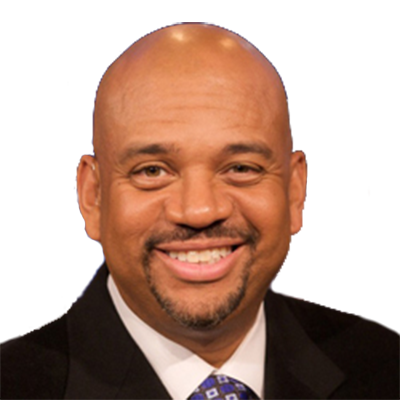 Michael Wilbon
Michael Wilbon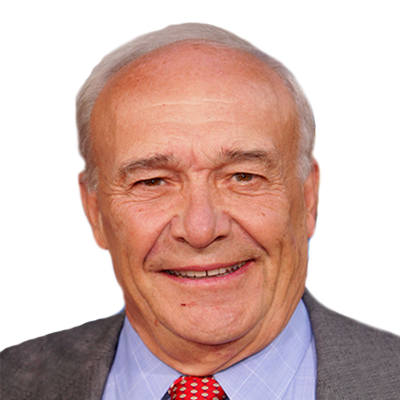 Bill Nack
Bill Nack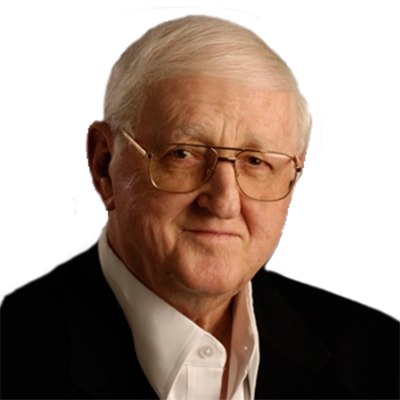 Dan Jenkins
Dan Jenkins Sally Jenkins
Sally Jenkins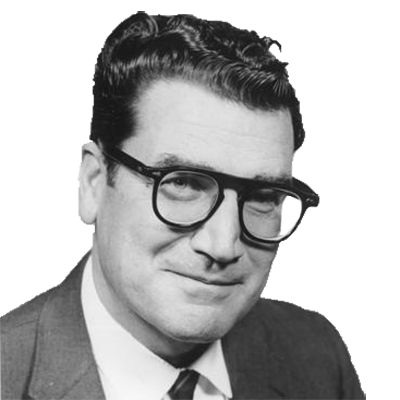 Jim Murray
Jim Murray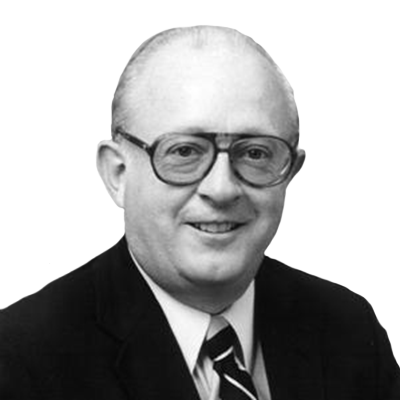 Dave Anderson
Dave Anderson Christine Brennan
Christine Brennan Mitch Albom
Mitch Albom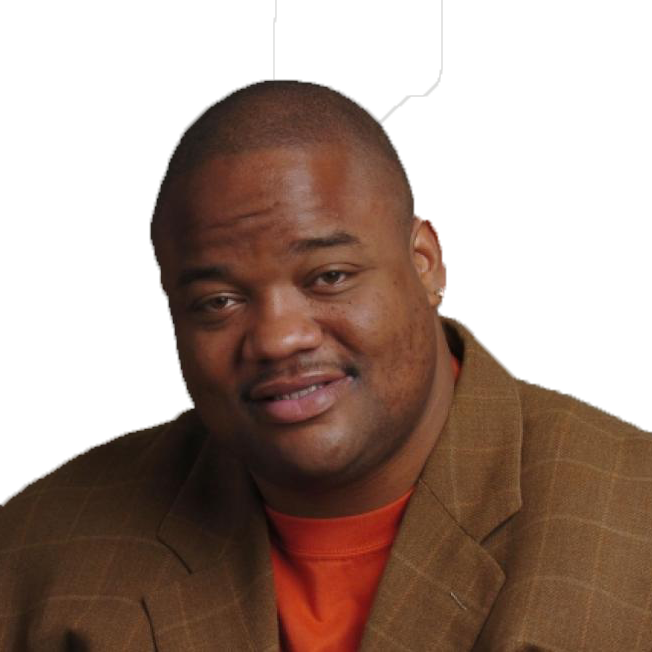 Jason Whitlock
Jason Whitlock Claire Smith
Claire Smith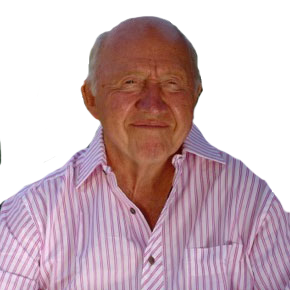 Bud Collins
Bud Collins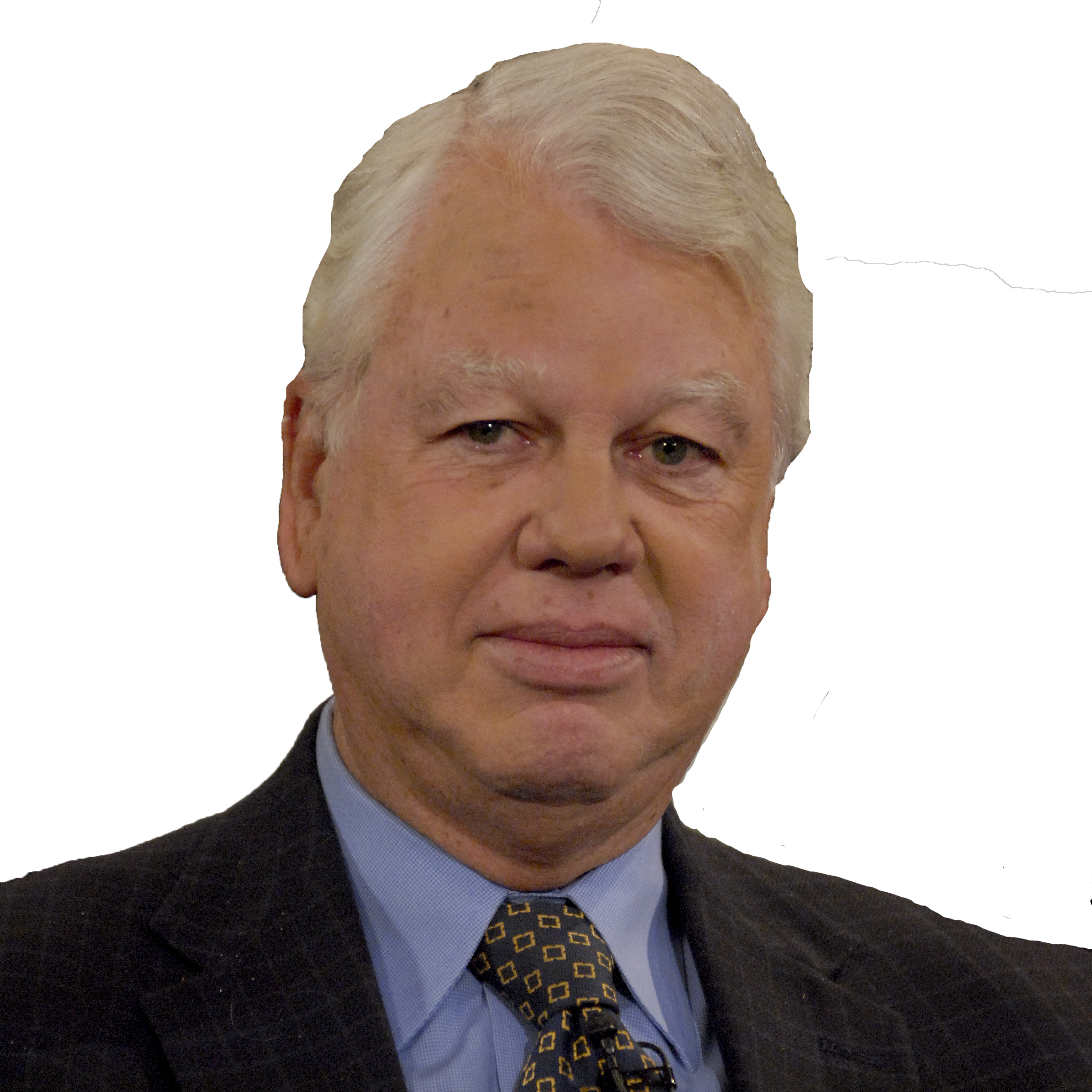 Bob Ryan
Bob Ryan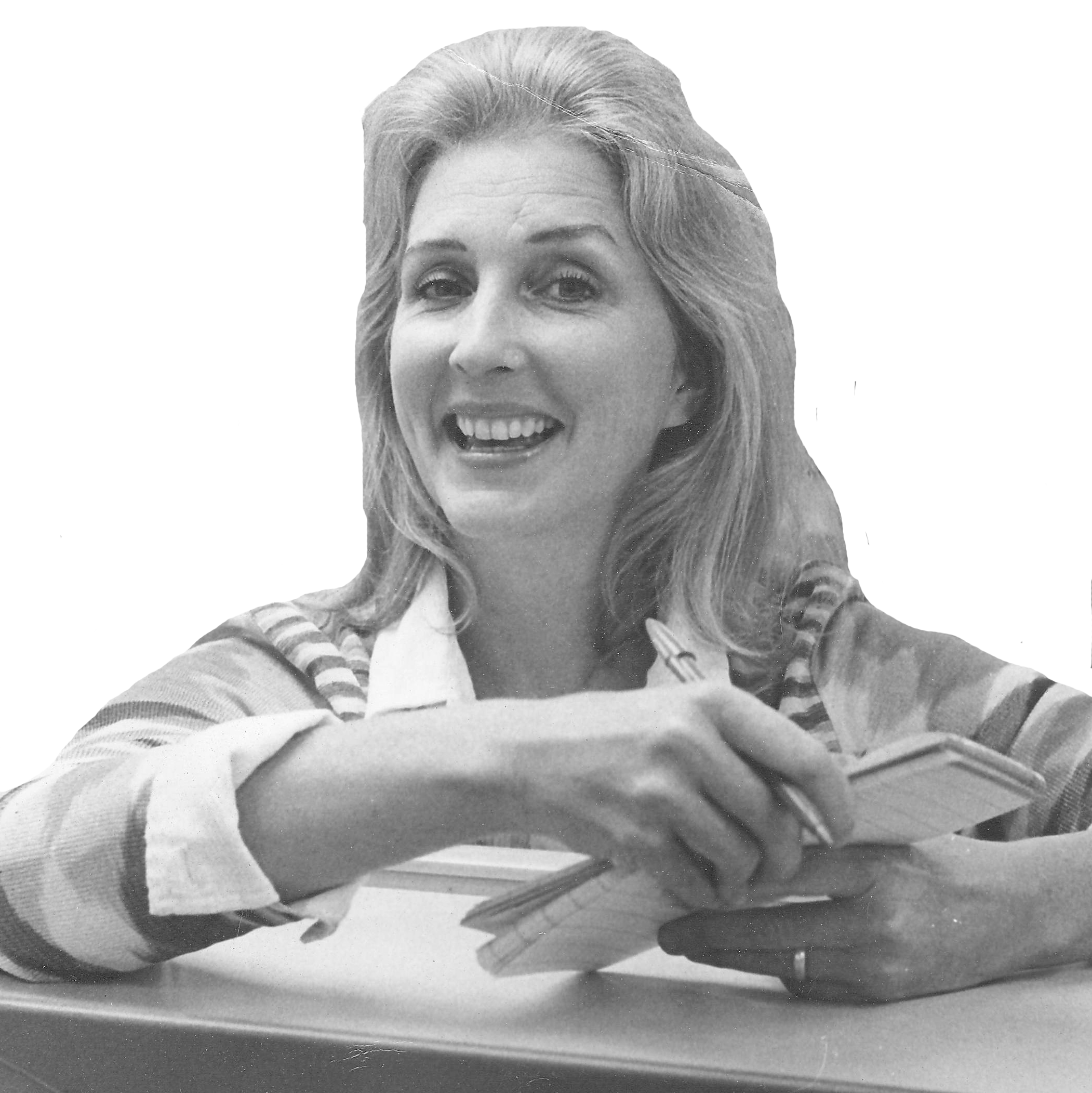 Joan Ryan
Joan Ryan Peter King
Peter King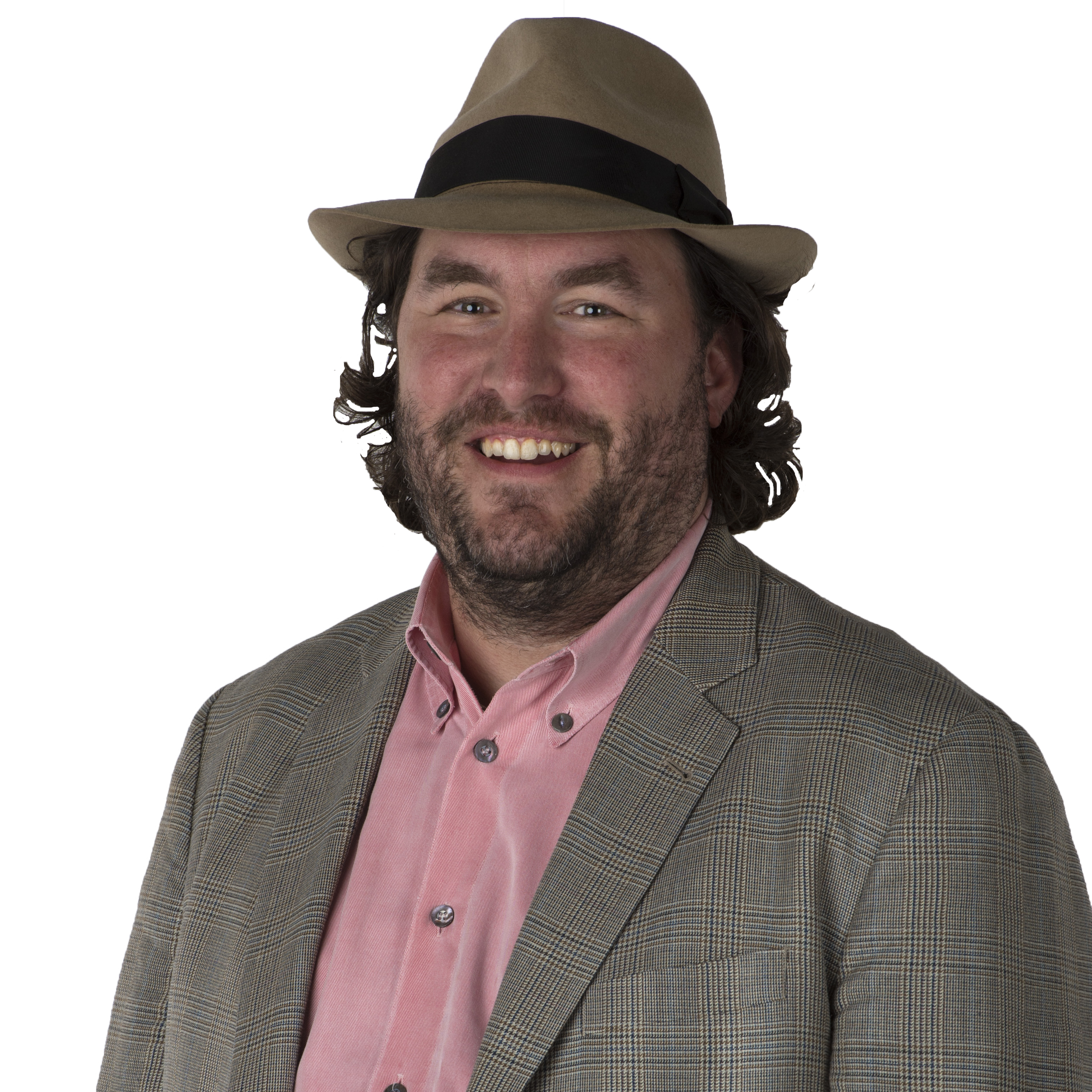 Wright Thompson
Wright Thompson John Feinstein
John Feinstein Lesley Visser
Lesley Visser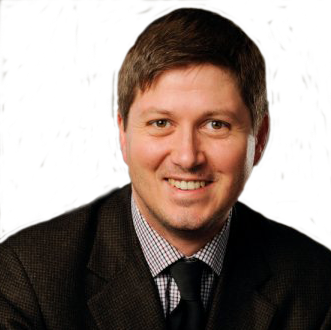 Will Leitch
Will Leitch Tim Kurkjian
Tim Kurkjian Joe Posnanski
Joe Posnanski
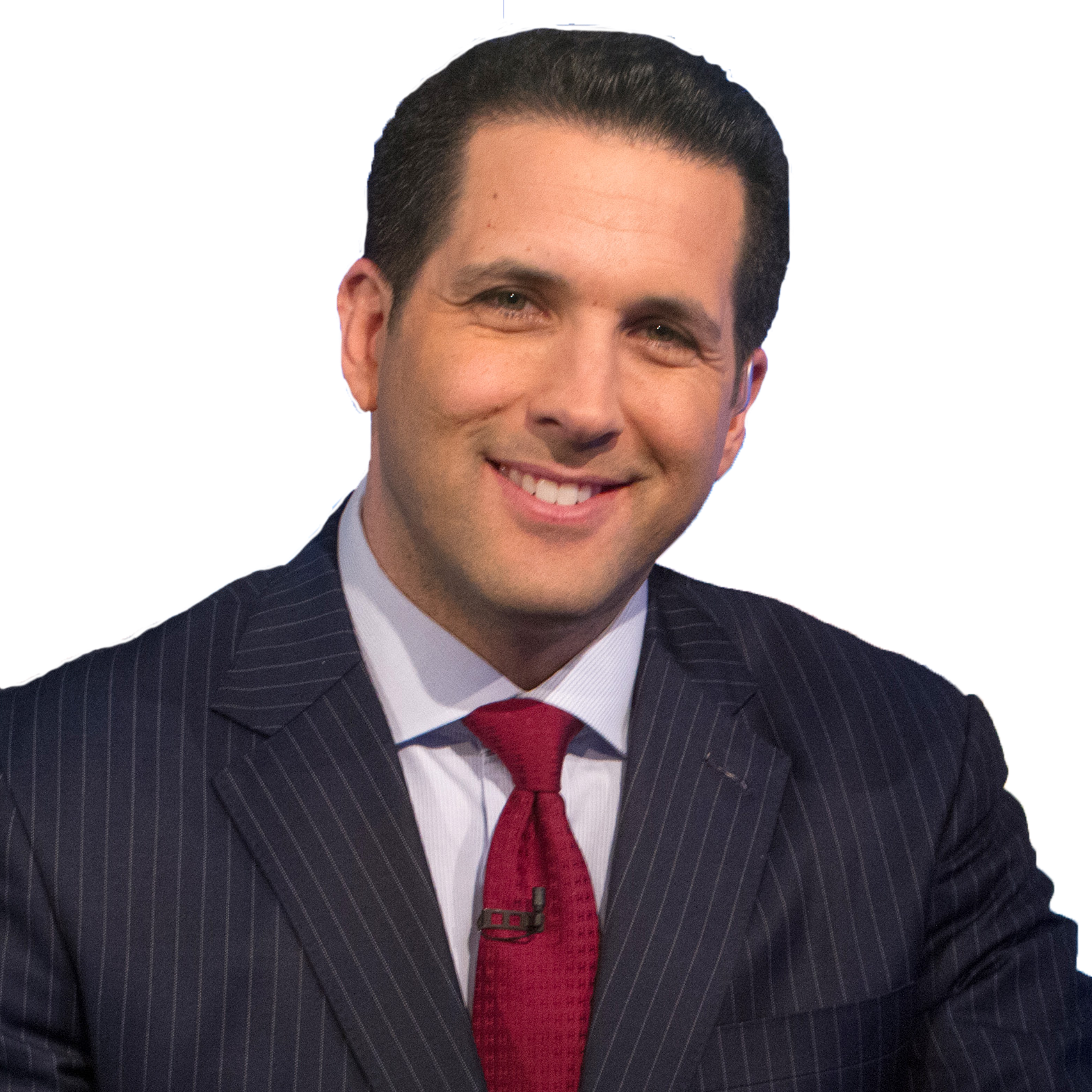 Adam Schefter
Adam Schefter
 Terry Taylor
Terry Taylor
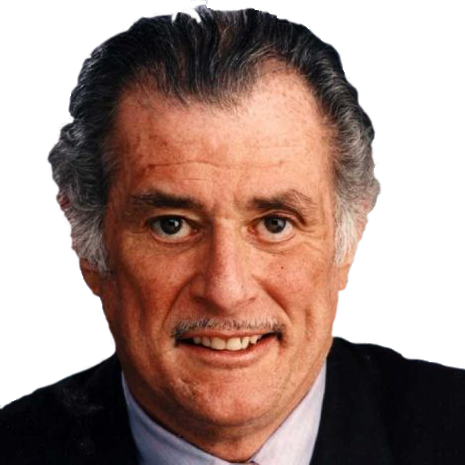 Frank Deford
Frank Deford
 Tom Boswell
Tom Boswell
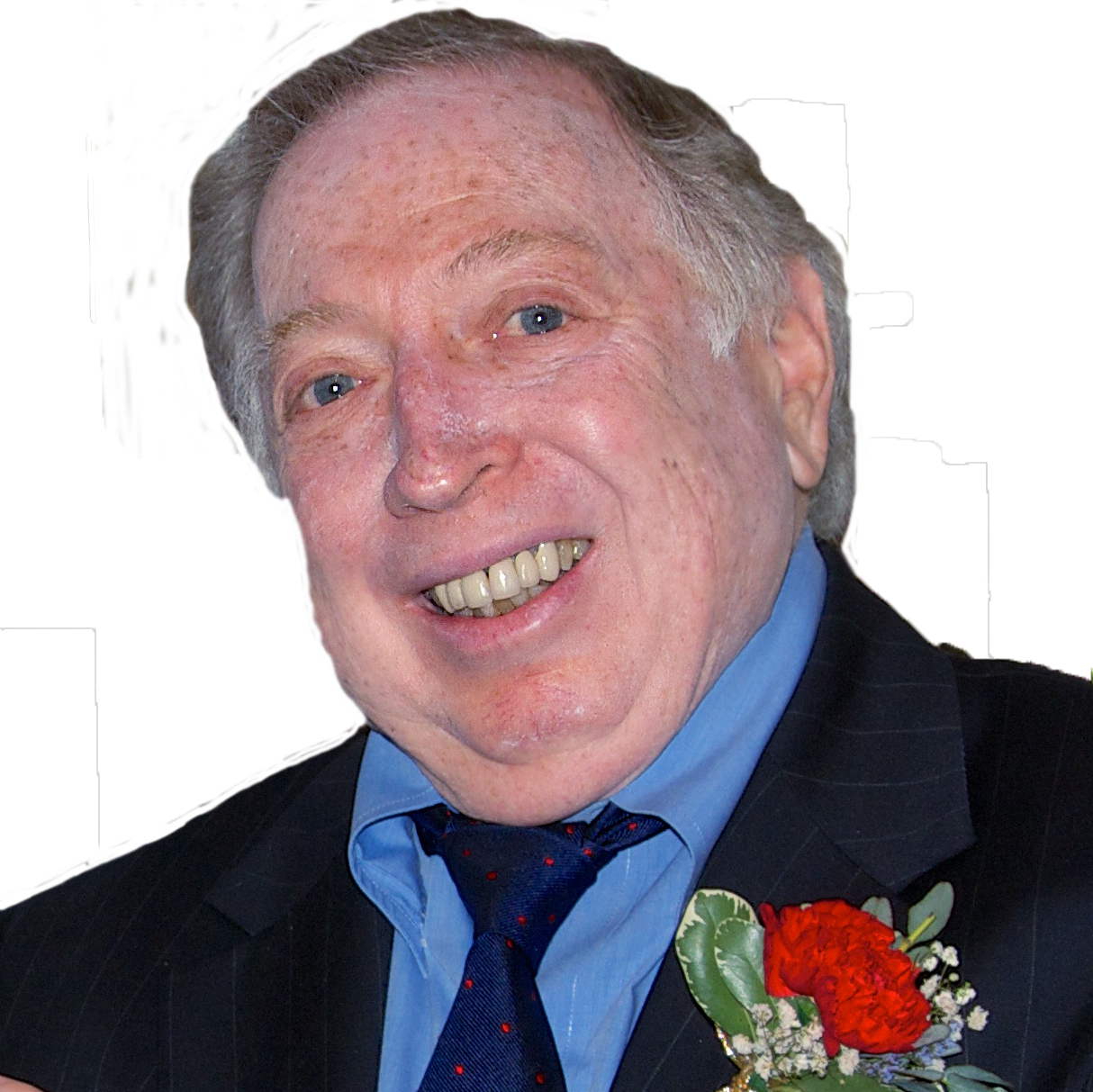 Neil Leifer
Neil Leifer
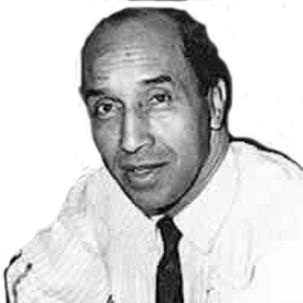 Sam Lacy
Sam Lacy
 Jane Leavy
Jane Leavy Kevin Blackistone
Kevin Blackistone Juliet Macur
Juliet Macur Andrew Beyer
Andrew Beyer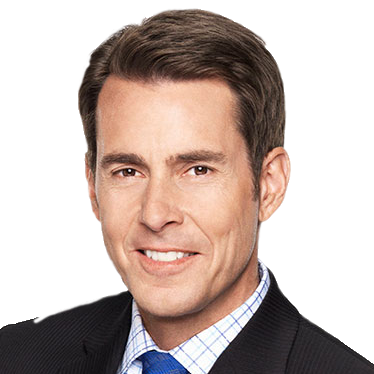 Tom Verducci
Tom Verducci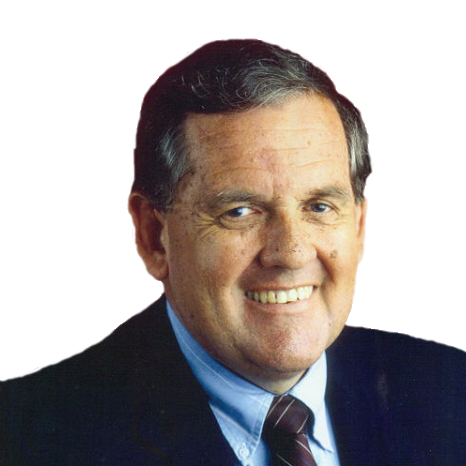 Hubert Mizell
Hubert Mizell Rachel Nichols
Rachel Nichols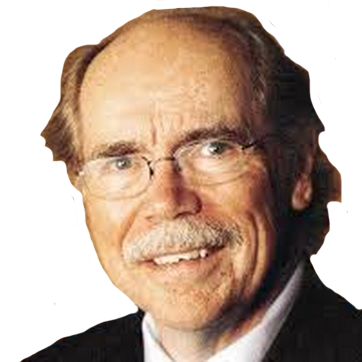 Dave Kindred
Dave Kindred Mike Lupica
Mike Lupica Richard Justice
Richard Justice Jerry Izenberg
Jerry Izenberg Bill Plaschke
Bill Plaschke Kevin Van Valkenburg
Kevin Van Valkenburg George Vecsey
George Vecsey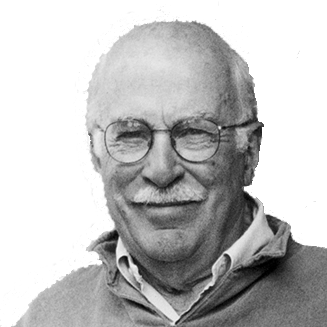 Roger Angell
Roger Angell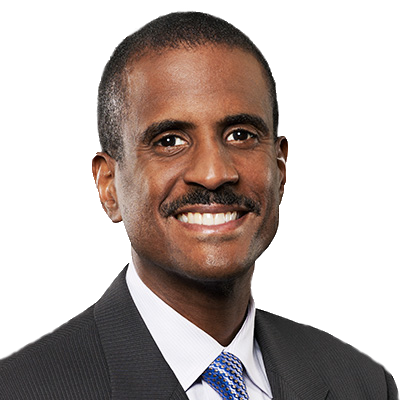 David Aldridge
David Aldridge Tony Kornheiser
Tony Kornheiser Jackie MacMullan
Jackie MacMullan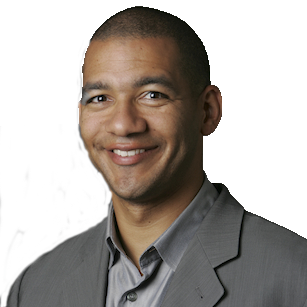 J.A. Adande
J.A. Adande Robert Lipsyte
Robert Lipsyte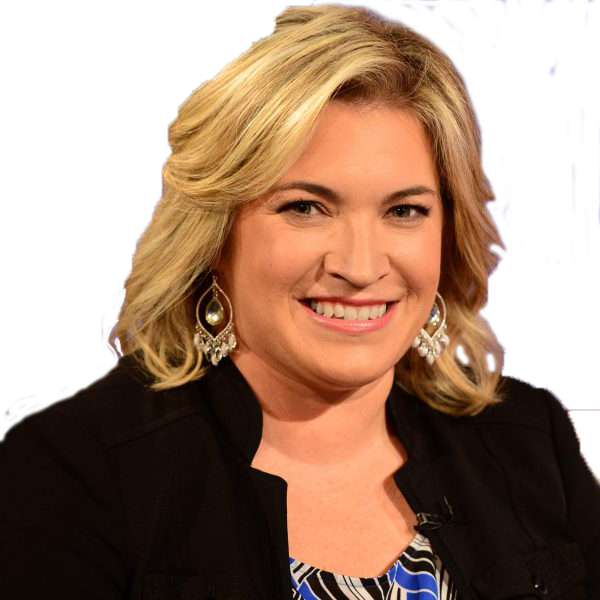 Ramona Shelburne
Ramona Shelburne David Remnick
David Remnick Bryan Curtis
Bryan Curtis Chuck Culpepper
Chuck Culpepper Jason Gay
Jason Gay Heidi Blake
Heidi Blake Dan Steinberg
Dan Steinberg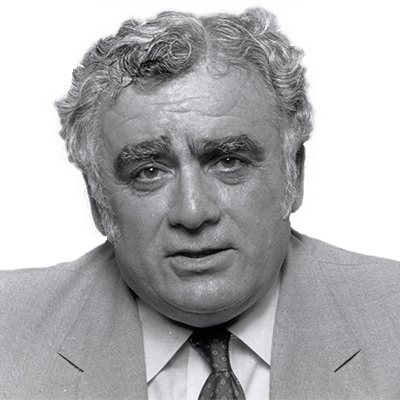 Jerome Holtzman
Jerome Holtzman Barry Svrluga
Barry Svrluga
